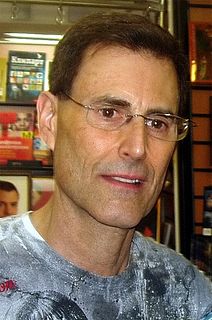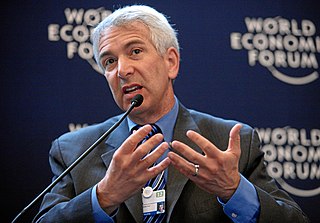A Quote by Barry Gardiner
Classical economics values things by seeing how much someone will pay for them. But this is where classical economics is wrong. What it fails to account for are all the 'externalities' - the services people regard as free goods: pollination services, flood protection, climate regulation, soil stabilization, carbon sequestration.
Related Quotes
Anyway that's a large part of what economics is - people arbitrarily, or as a matter of taste, assigning numerical values to non-numerical things. And then pretending that they haven't just made the numbers up, which they have. Economics is like astrology in that sense, except that economics serves to justify the current power structure, and so it has a lot of fervent believers among the powerful
I have read a great deal of economic theory for over 50 years now, but have found only one economic "law" to which I can find NO exceptions: Where the State prevents a free market, by banning any form of goods or services, consumer demand will create a black market for those goods or services, at vastly higher prices. Can YOU think of a single exception to this law?
Free election of masters does not abolish the masters or the slaves. Free choice among a wide variety of goods and services does not signify freedom if these goods and services sustain social controls over a life of toil and fear – that is, if they sustain alienation. And the spontaneous reproduction of superimposed needs by the individual does not establish autonomy; it only testifies to the efficacy of the controls.
For a variety of reasons, I have always felt myself an outsider. I don't know how to classify myself in economics. I am a loner. I do not like groupthink, which, if anything, has become more important in economics. In addition, a lot of the values I hold are not the mainstream values in the profession.
I think historically modern economics, capitalist economics, tends to erode moral categories... And this is where I think the right gets capitalism wrong. They kind of assume that there is a moral equivalence or moral valence to capitalism, but I tend to think that economics erodes all the kind of cultural taboos and inhibitions and values it comes into contact with.

































